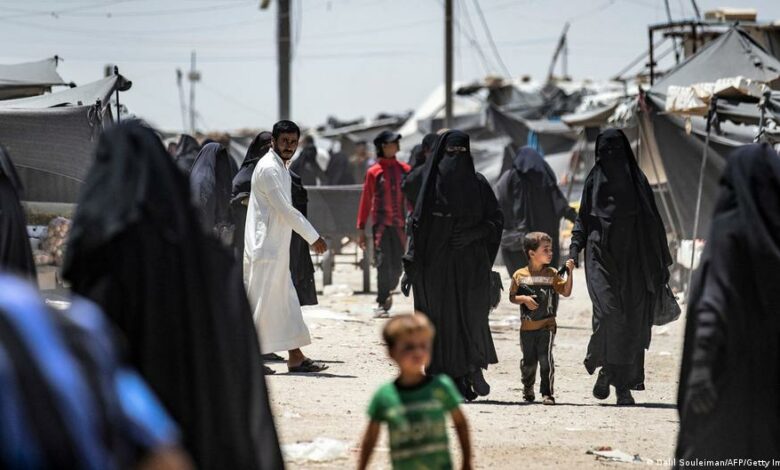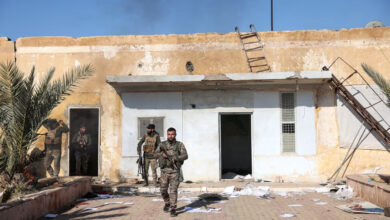
After thirteen years of war and suffering, the regime that has ruled Syria with an iron-fist for so long has fallen, an event that has given hope to the Syrian refugees scattered by years of war.
Yet now a thorny question that has long troubled Syrians in the diaspora has resurfaced: is it now time to return home?
For the more than six million Syrian refugees living in neighboring countries or across continents, the fall of the regime marked a significant symbolic and psychological turning point.
The continuation of the war and division had been their main obstacle to return home.
Now, with the collapse of the regime, Syrians find themselves facing challenges no less harsh than the years of displacement, starting with fear of the future and the shape of a new life under al-Jolani or others, and ending with questions about how to build a new life in a homeland devastated by war.
From the first moment of the regime’s fall, Syrian refugees around the world have talked of returning.
The United Nations High Commissioner for Refugees has called for ensuring that these returns are safe and voluntary, but this approach often ignores the complex reality that the refugees live in.
Their ability to return is not merely based on personal decision but is the result of a delicate balance between security, economic stability, and the ability to adapt again to an environment that has completely changed.
Many Syrians who left their cities and towns years ago now have no shelter or work there.
Homes are destroyed or occupied, the infrastructure is dilapidated, and the economy is collapsing. Returning for some will therefore mean starting from scratch, which would be quite the risky venture given the absence of security and social guarantees.
Many are wondering: If we return, who can guarantee that we will not face an unknown fate in the midst of a transitional chaos that fills the political and economic vacuum?
Years of displacement have forced refugees to rebuild their lives in host countries.
They have started their own businesses, integrated into the labor market, and some have even acquired new nationalities. For these people, returning is not just an emotional decision but a step that could cost them the loss of what they have already achieved in terms of relative stability.
The question they face is, does the desire to return to their homeland justify risking everything they have achieved outside Syria?
On the other hand, the pressure on host countries, which see the fall of the Syrian regime as an opportunity to alleviate the burden of refugees, is only increasing.
In Europe, the decision of some countries to freeze asylum applications has further complicated the situation. The situation is now clear: neither host countries are able to continue bearing the burden, nor are the conditions in Syria encouraging enough for a safe and stable return.
In Arab countries – especially Egypt – Syrians have been able to succeed and integrate, but if you ask a Syrian today whether they want to return, they will not resist their natural desire to come back home – with the added caveat of “Let’s see the future situation.”
Certainly, the road to the return of Syria’s refugees will be neither short nor easy. It is a journey that requires true stability, comprehensive reconstruction, and international guarantees that ensure a decent life in the future.
Before all of that, a secure political and security situation is necessary.




